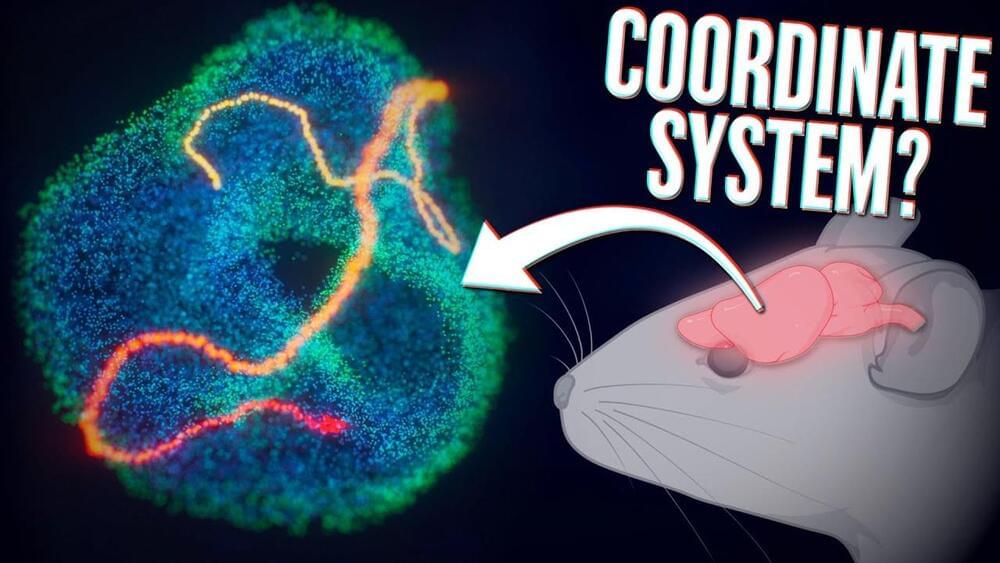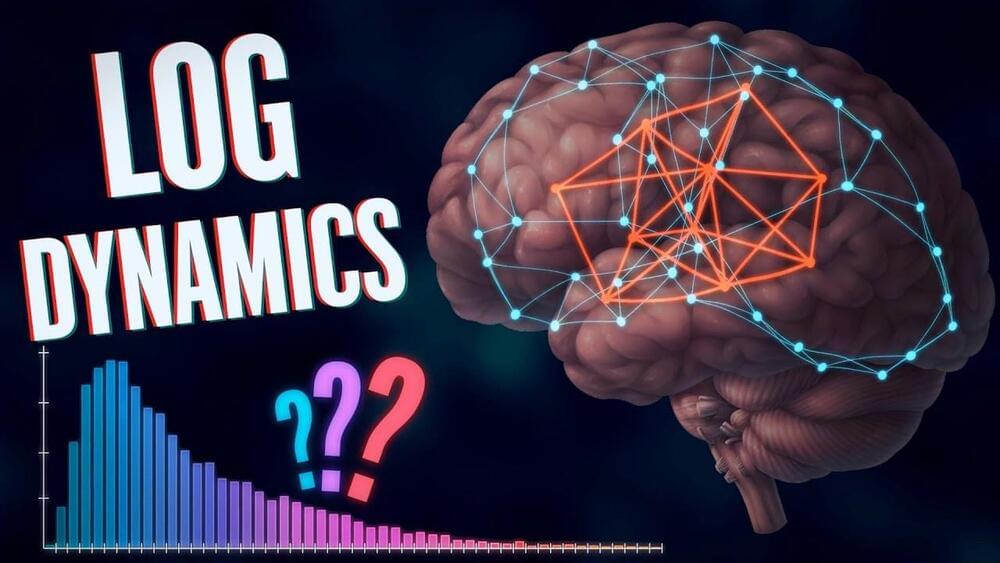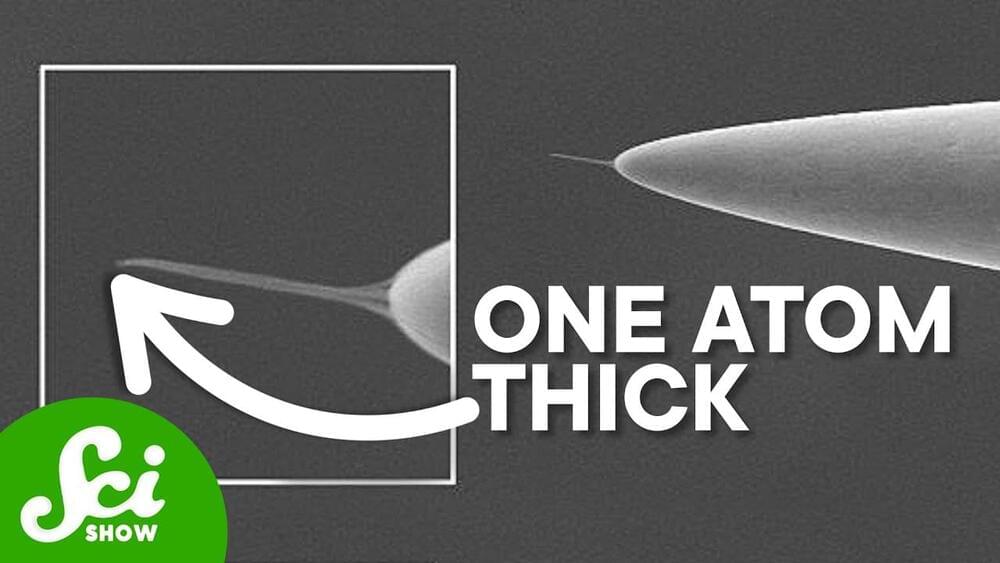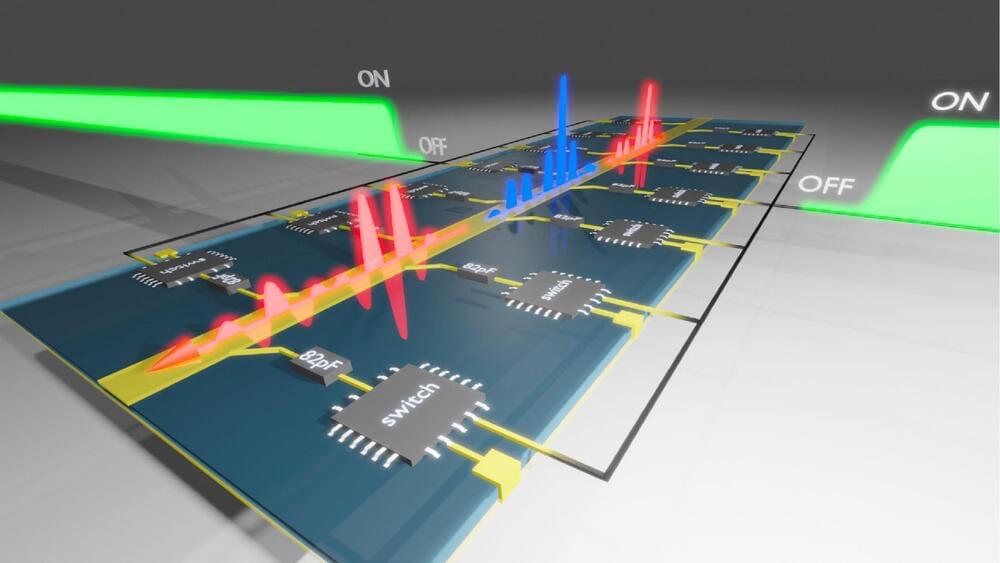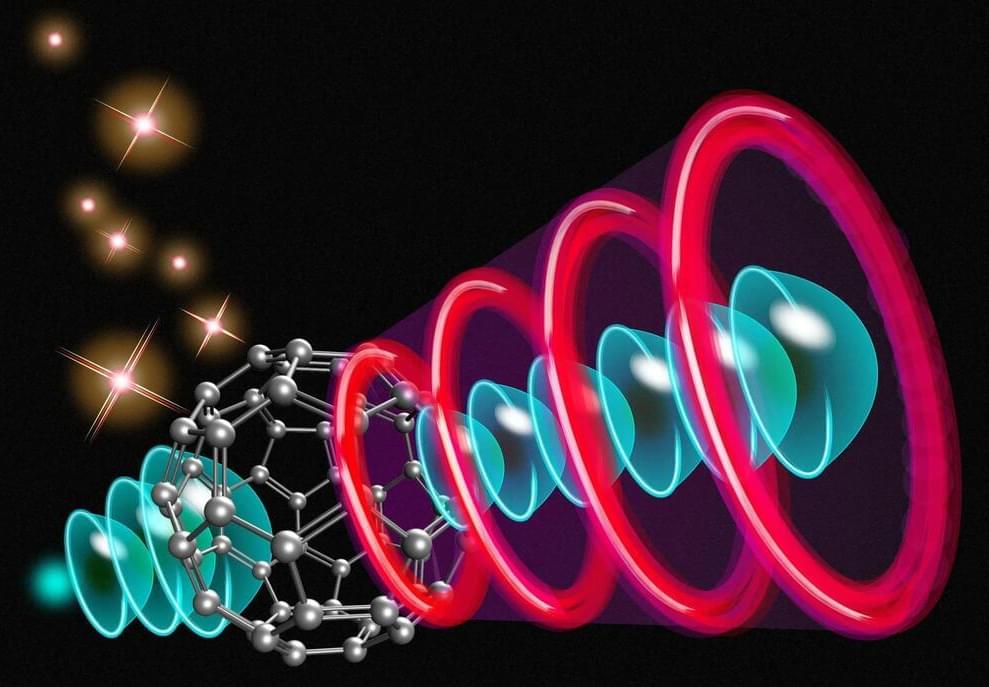
An international team of researchers, including those from the University of Tokyo’s Institute for Solid State Physics, has made a groundbreaking discovery. They have successfully demonstrated the use of a single molecule named fullerene as a switch, similar to a transistor. The team achieved this by employing a precisely calibrated laser pulse, which allowed them to control the path of an incoming electron in a predictable manner.
The switching process enabled by fullerene molecules can be significantly faster than the switches used in microchips, with a speed increase of three to six orders of magnitude, depending on the laser pulses utilized. The use of fullerene switches in a network could result in the creation of a computer with capabilities beyond what is currently achievable with electronic transistors. Additionally, they have the potential to revolutionize microscopic imaging devices by providing unprecedented levels of resolution.
Over 70 years ago, physicists discovered that molecules emit electrons in the presence of electric fields, and later on, certain wavelengths of light. The electron emissions created patterns that enticed curiosity but eluded explanation. But this has changed thanks to a new theoretical analysis, the ramification of which could not only lead to new high-tech applications but also improve our ability to scrutinize the physical world itself.
 עברית (Hebrew)
עברית (Hebrew)
